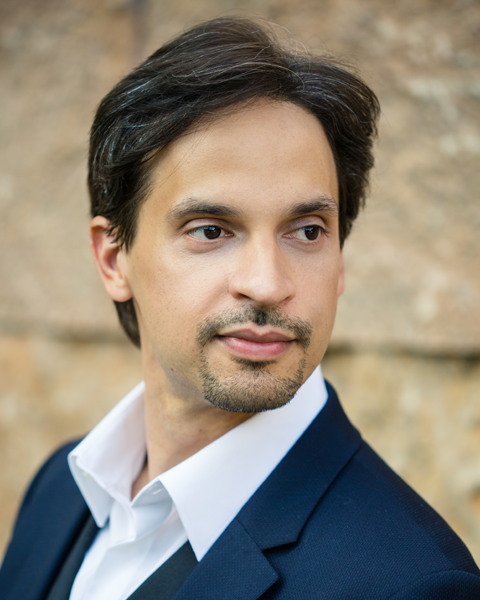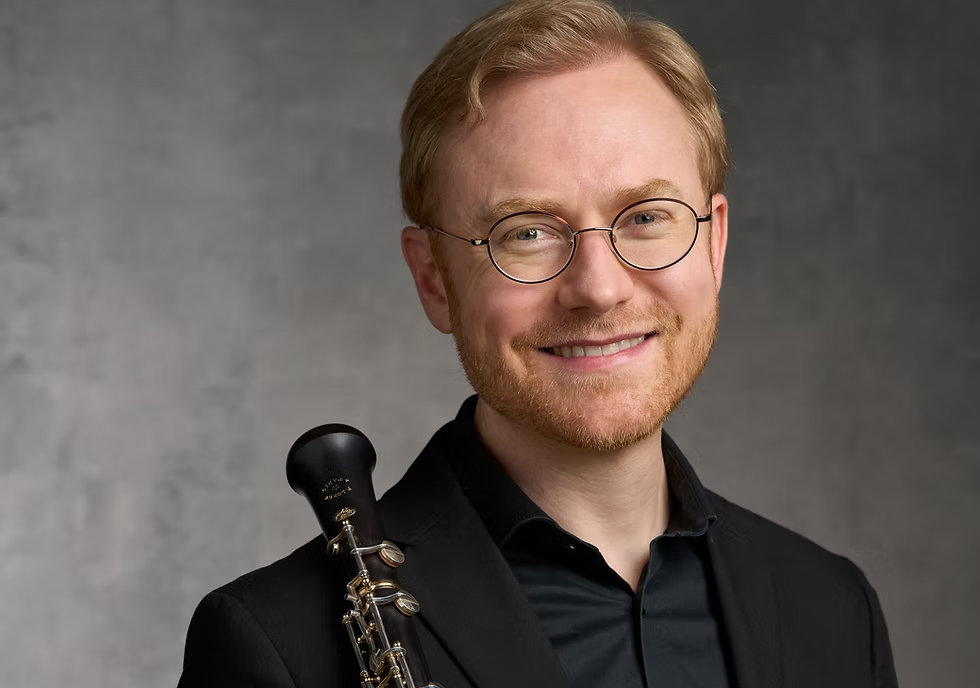
Dwight Parry is the principal oboist of the Cincinnati Symphony Orchestra, Professor of Oboe at Bowling Green State University Adjunct Faculty at the Cincinnati College-Conservatory of Music. Mr. Parry is a versatile and passionate soloist, chamber musician and advocate for new music, performing and teaching around the world. A background in jazz led Mr. Parry to pursue a career that spans from concert halls to the streets of New Orleans, where he has improvised with Dixie bands.
In May of 2022, Mr. Parry premiered a wonderful new oboe concerto, Les Belles Heures, by Guillaume Connesson, which was commissioned by the Cincinnati Symphony Orchestra. Later that year, Mr. Parry gave the US premiere of Carl Vine’s Oboe Concerto with the Ohio Valley Symphony. In recent seasons, he performed the Martinů Oboe Concerto with the CCM Chamber Orchestra and the Strauss Oboe Concerto with the Prague Summer Nights Orchestra and with the Jakarta Symphony Orchestra. He has also been a soloist with the Saint Paul Chamber Orchestra in Bach’s Brandenburg Concertos 1&2. After hearing his performance of the Vaughan-Williams Oboe Concerto in Mexico City, he was invited by Hansjorg Schellenberger to judge the Sony International Oboe Competition in Tokyo.
Mr. Parry was formerly principal oboist of the San Diego Symphony and a Fellow with the New World Symphony. He has appeared as guest principal oboist with the New York Philharmonic, Philadelphia Orchestra, Chicago Symphony, LAPhil, Minnesota Orchestra, San Francisco Symphony, Saint Paul Chamber Orchestra, Guangzhou Symphony, Deutsche Symphonie of Berlin and Korean Broadcasting Symphony.
Originally from Southern California, he found his passion for music early on through piano, voice, and saxophone. In high school, Mr. Parry took up the oboe and decided to make a life in music. He went on to study at CIM with John Mack and USC with Allan Vogel and David Weiss, a gentleman who also taught him to surf!
During the summer, he is in residence at Interlochen, the Grand Teton Music Festival, Mainly Mozart Festival, Lakes Area Music Festival and the Stellenbosch International Chamber Music Festival in South Africa. In those rare moments when he is without his oboe, he is often attending concerts, plays, and other community events. He spends the rest of his time hiking, reading, volunteering, tossing frisbees, and creating curiosities in the kitchen.
Mr. Parry is a Lorée artist.
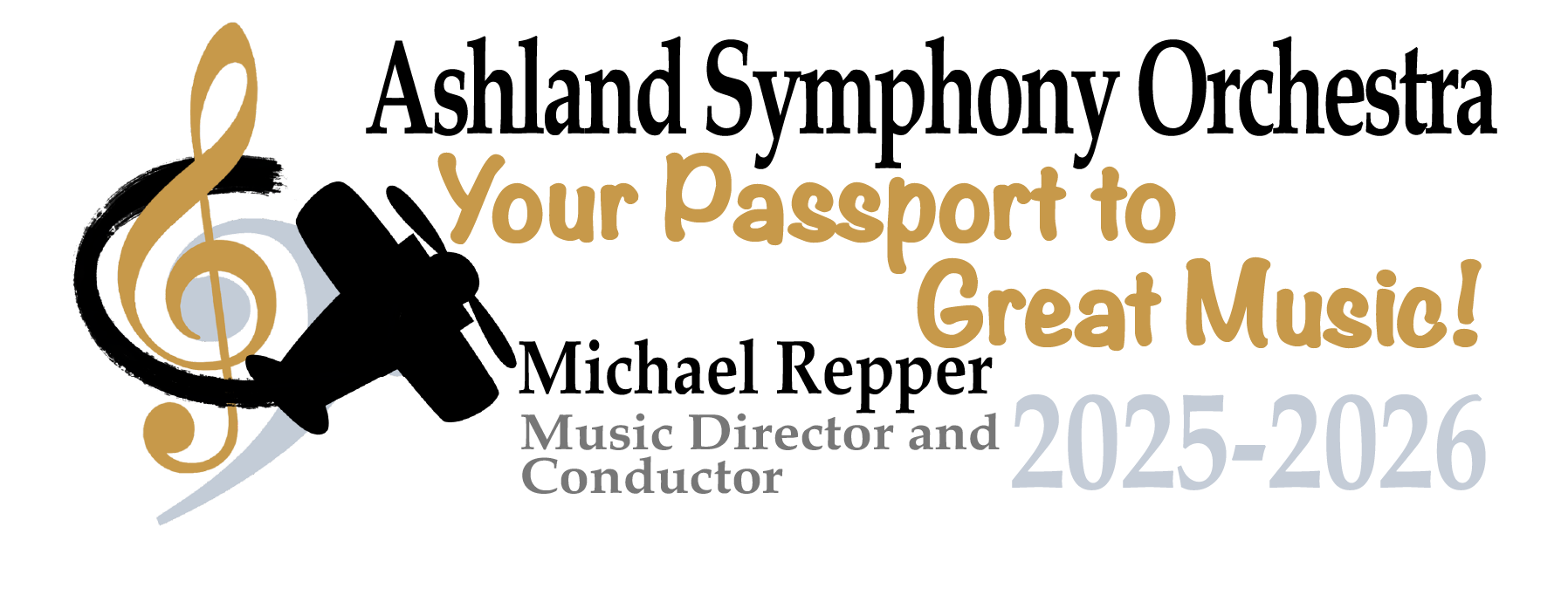
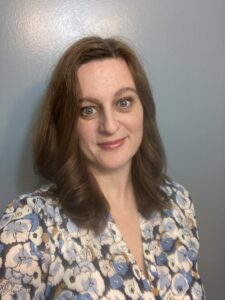
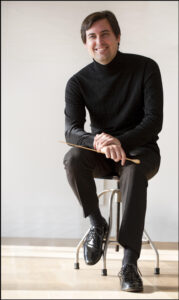
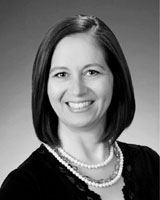
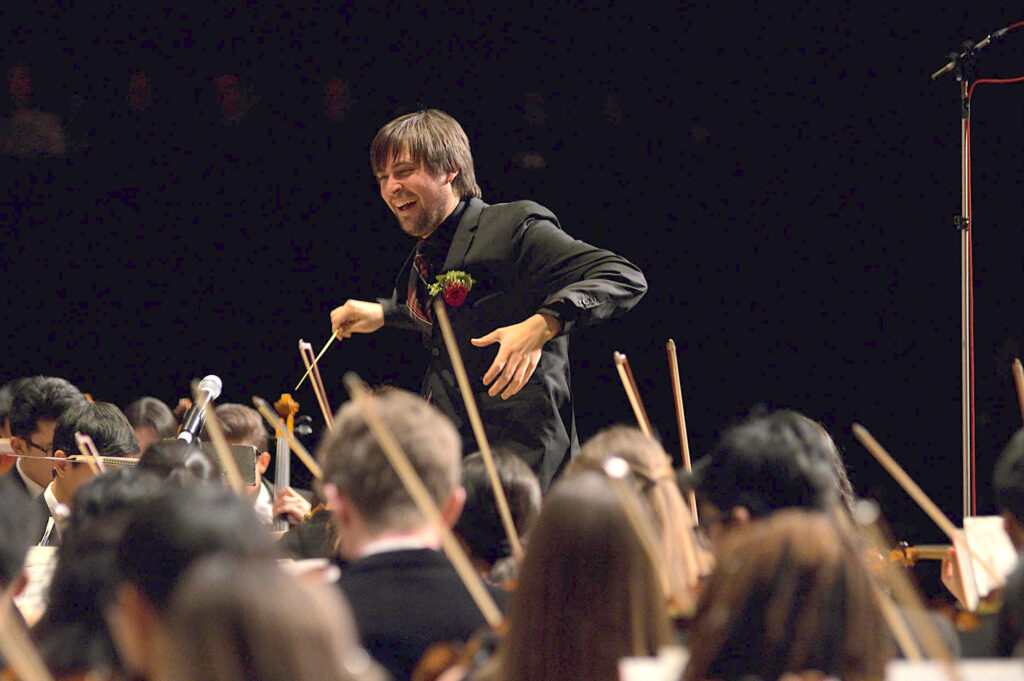 Conductor Michael Repper’s work spans six continents. In 2023, he became the youngest North American conductor to win a Grammy® Award in Best Orchestral Performance. He has an international reputation for engaging and exciting audiences of all spectrums, and for promoting new and diverse musical talents.
Conductor Michael Repper’s work spans six continents. In 2023, he became the youngest North American conductor to win a Grammy® Award in Best Orchestral Performance. He has an international reputation for engaging and exciting audiences of all spectrums, and for promoting new and diverse musical talents.

